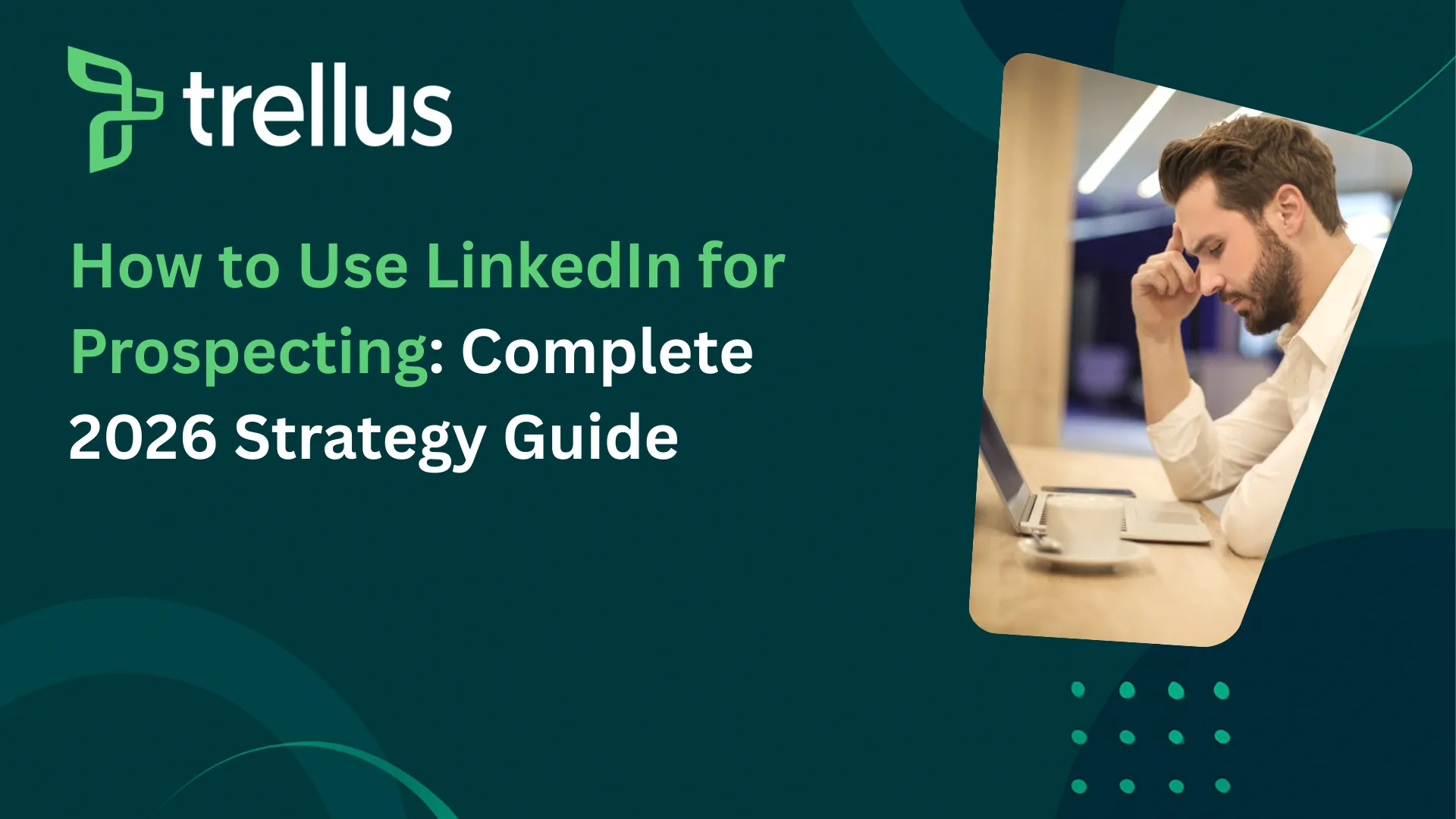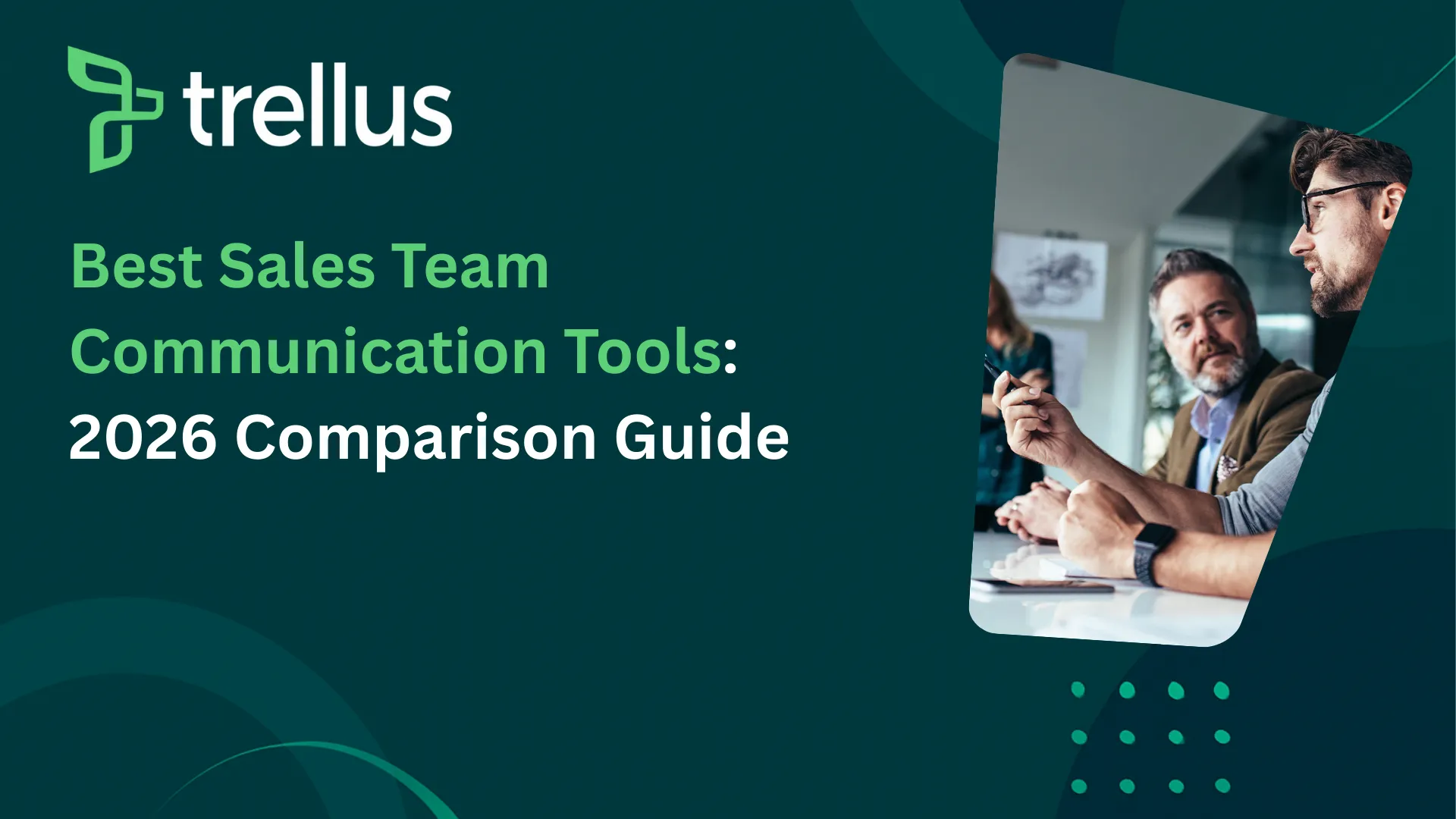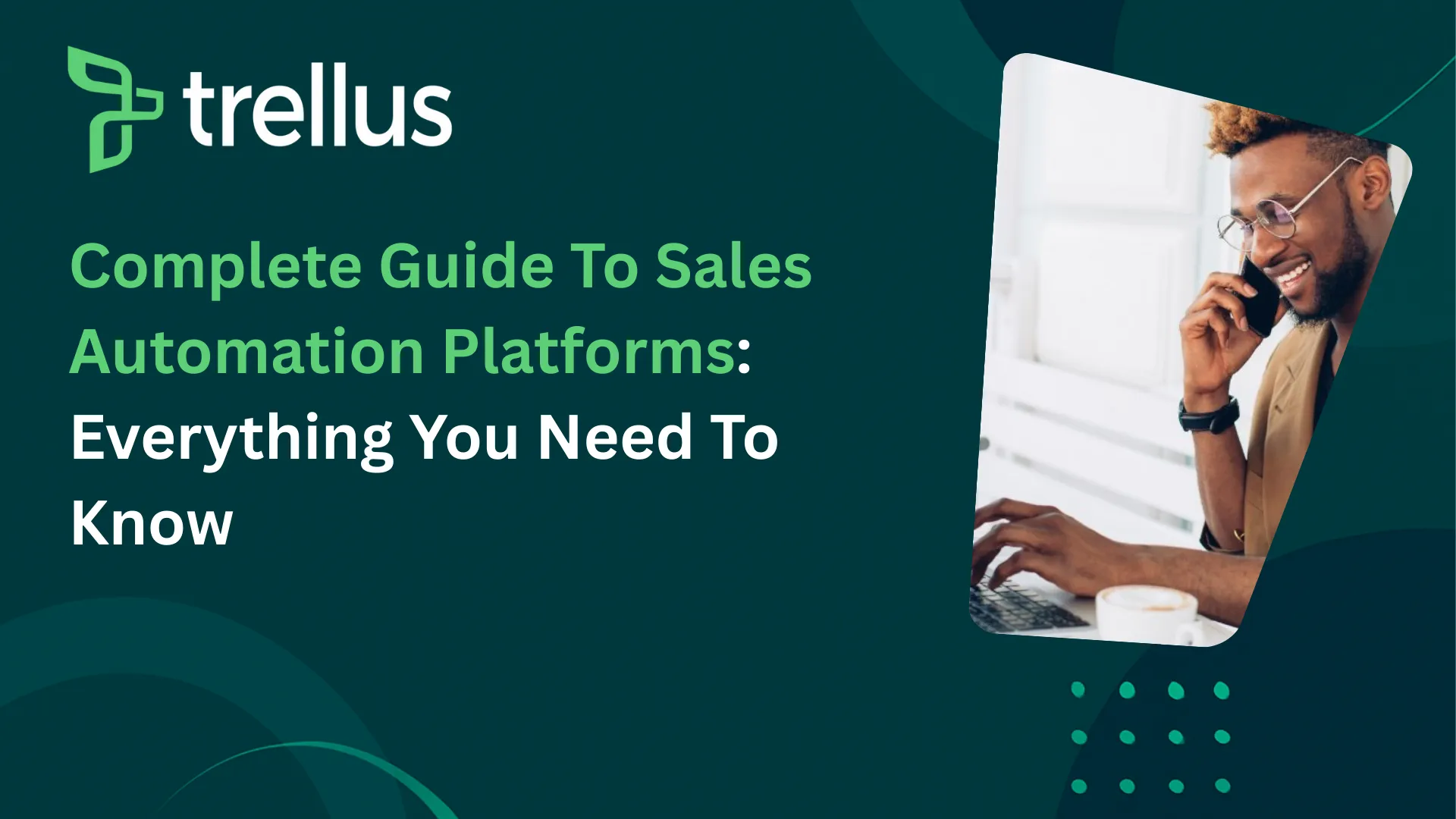
Our Top Picks


Sales training has undergone a massive transformation with the rise of artificial intelligence.
Traditional roleplaying exercises, once limited by the need for human partners, can now be conducted anytime, anywhere, thanks to AI-powered simulations.
These tools provide sales teams with realistic, scalable, and highly customizable practice environments that sharpen skills, boost confidence, and ultimately drive better sales performance.
Among the growing number of solutions available, a few stand out as the best AI sales roleplay software for modern sales teams. These platforms offer everything from hyper-realistic voice simulations to in-depth performance analytics, ensuring that sales professionals can refine their techniques in a risk-free setting.
This detailed analysis examines the top AI sales software options, detailing their features, strengths, and ideal use cases. In that sense, we’d say, whether your goal is improving cold calling, mastering discovery calls, or refining objection handling, these tools provide the training needed to excel in real-world sales scenarios.
Why AI Roleplay Software is a Game-Changer for Sales Teams

Sales professionals have long relied on roleplaying to hone their skills, but traditional methods come with limitations. Scheduling practice sessions with managers or peers is time-consuming, and human partners may not always provide consistent or unbiased feedback.
This is where AI roleplay software steps in, offering several key advantages:
- Unlimited Practice Opportunities – Sales reps can engage in as many simulations as needed, without waiting for a human counterpart.
- Realistic Buyer Interactions – Advanced AI mimics human conversation patterns, objections, and responses, making training sessions feel authentic.
- Personalized Feedback – AI-powered coaching provides instant, data-driven insights into areas like tone, pacing, objection handling, and messaging effectiveness.
- Customizable Scenarios – Teams can tailor roleplays to specific industries, buyer personas, or sales stages, ensuring relevance to real-world situations.
Given these benefits, it’s no surprise that more organizations are adopting AI tools for roleplay as a core component of their sales training programs.
Key Features to Look for in AI Sales Roleplay Software

Not all AI sales roleplay software is created equal. The best platforms offer a combination of realism, customization, and actionable insights. Below are the most critical features to evaluate when selecting a solution:
1. Highly Customizable AI Voice Roleplays
The ability to simulate lifelike buyer interactions is the foundation of any effective AI roleplay software. Top solutions allow users to adjust the prospect’s tone, objections, and responses to match real-world scenarios. Some even offer industry-specific training, such as medical sales or enterprise B2B negotiations.
2. Chat-Based Roleplays (Email, LinkedIn, Live Chat)
Since modern sales involve multiple communication channels, the best AI sales software includes text-based simulations. Reps can practice crafting compelling LinkedIn messages, handling email objections, or managing live chat interactions—all within a controlled environment.
3. Scenario Customization & Bot Builders
Pre-built scenarios are useful, but the ability to create custom roleplays is essential for teams with unique sales processes. Leading platforms provide bot builders that let users design AI prospects based on specific pain points, industries, or objections.
4. Comprehensive Call Type Coverage
The best AI tools for roleplay support a wide range of call types, including:
- Cold Calls & Gatekeeper Scenarios – Helps reps refine their opening pitches and handle common objections.
- Discovery Calls – Simulates conversations with warm leads to practice qualification techniques.
- Demo & Product Walkthroughs – Prepares reps for delivering engaging product demonstrations.
- Customer Success & Account Management – Covers upsell, renewal, and expansion scenarios.
5. Real-Time Feedback & Performance Analytics
AI-powered coaching should go beyond generic tips. The most advanced platforms analyze speech patterns, objection handling, and even body language (in video-based training) to provide granular feedback. Detailed analytics dashboards help managers track progress across teams.
6. Gamification & Competitive Elements
Leaderboards, skill drills, and performance-based rewards keep reps engaged and motivated. Some solutions incorporate competitive challenges to encourage consistent practice.
7. CRM & Call Intelligence Integrations
Seamless integration with tools like Salesforce, Gong, or Chorus ensures that training aligns with real-world sales data. This allows for more targeted skill development based on actual call performance.
With these criteria in mind, let’s examine the top AI sales roleplay software options available today.
Top AI Sales Roleplay Software Solutions
1. Trellus.AI – The Lightweight AI Roleplay & Live Coaching Solution

Trellus.AI distinguishes itself with a streamlined approach to sales training. Unlike bulky enterprise platforms, Trellus operates as a Chrome extension, making it easy for reps to practice without switching between multiple tools.
One of its standout features is AI-powered live coaching, which analyzes real sales calls and provides real-time suggestions. If a rep struggles with objection handling or tone, the system offers subtle cues to guide the conversation—effectively acting as an AI sales mentor.
Another advantage is its call replay functionality, where reps can revisit past interactions, identify weak points, and refine their responses. This is particularly useful for high-stakes deals where every word matters.
Trellus also includes a parallel dialer and LinkedIn automation, making it a versatile tool for outbound sales teams. While its AI roleplay capabilities are robust, the platform shines brightest as a real-time coaching aid rather than a standalone training simulator.
2. PitchMonster – The Scripted Roleplay Specialist

PitchMonster takes a more structured approach to sales training, relying on scripted conversation trees rather than fully dynamic AI interactions. This makes it ideal for organizations that prioritize consistency and compliance in messaging.
The platform offers pre-built call scenarios covering cold calls, discovery calls, and objection handling. Users can also create custom scripts, though this requires manual setup. While the interactions may feel less fluid than fully AI-driven solutions, the predictability can be beneficial for onboarding new hires.
One unique aspect is its text-based chat simulations, which allow reps to practice written communication—useful for teams that rely heavily on email or LinkedIn outreach.
PitchMonster is best suited for:
- Companies in regulated industries where message control is critical.
- Teams that prefer structured, repeatable training exercises.
- Sales onboarding programs requiring certification-based learning.
3. TrainHQ – The Flexible, Consumption-Based Roleplay Platform

TrainHQ stands out with its pay-per-roleplay pricing model, making it an attractive option for teams that don’t need unlimited access. Instead of paying per seat, organizations only pay for completed training sessions, offering cost flexibility.
The platform focuses on custom scenario creation, allowing sales leaders to design roleplays tailored to their specific sales process. While it lacks an extensive library of pre-built scenarios, this approach ensures that training remains highly relevant.
A newer feature is real call scoring, where users can upload call transcripts for AI analysis. However, this functionality is still evolving and may not yet match the depth of dedicated conversation intelligence tools.
TrainHQ is ideal for:
- Mid-market and enterprise teams seeking scalable, budget-friendly training.
- Organizations that prioritize customization over pre-built content.
- Sales leaders who want to experiment with AI roleplay without long-term commitments.
4. Quantified – The High-Stakes AI Avatar Platform

Quantified is a favorite among industries where precision and compliance are non-negotiable, such as pharmaceuticals and insurance. Its AI avatar technology creates highly realistic simulations, complete with lifelike facial expressions and vocal nuances.
The platform excels in highly regulated environments, where messaging must adhere to strict guidelines. Building bots requires more effort than with other solutions, but the payoff is unmatched accuracy in training scenarios.
Quantified also offers advanced analytics, tracking everything from objection handling to adherence to compliance scripts. This makes it invaluable for enterprises where training accountability is critical.
Best for:
- Pharmaceutical, financial, and other regulated industries.
- Enterprise teams needing precise message control.
- Organizations that prioritize data-driven training insights.
5. Luster – The Predictive Sales Enablement Tool

Luster introduces Predictive Enablement™, a methodology designed to identify skill gaps before they impact real deals. The platform analyzes roleplay performance to predict where reps might struggle in live calls, allowing for proactive coaching.
While its AI conversations are generally effective, some users note occasional inconsistencies in realism. However, its gamified training modules—such as bite-sized skill drills—keep reps engaged and motivated.
Luster’s performance dashboards provide clear visibility into individual and team progress, making it easy for managers to allocate coaching resources effectively.
Ideal for:
- Teams focused on proactive skill development.
- Sales managers who want predictive insights into rep performance.
- Organizations that value gamification to drive engagement.
6. Nooks – The Cold Call Simulation Specialist

Nooks is primarily known for its parallel dialer, but its AI roleplay feature has gained traction for cold call training. The voice bot is impressively natural, nearly matching the realism of leading standalone platforms.
However, the roleplay functionality is currently limited to cold call scenarios, with few options for discovery calls, demos, or other sales stages. Customization is also minimal compared to more comprehensive solutions.
A unique aspect is the simulated dialer, which mimics the experience of live outbound calling. Reps can practice handling unexpected objections in rapid succession, which is excellent for improving improvisation skills.
Best suited for:
- SMB sales teams focused on outbound prospecting.
- Reps who need intensive cold call practice.
- Organizations already using Nooks for dialing.
Choosing the Right AI Sales Roleplay Software
Selecting the best AI sales roleplay software depends on several factors:
- Training Objectives – Is the focus on cold calling, discovery calls, or complex negotiations?
- Industry Requirements – Does the team operate in a regulated field requiring strict compliance?
- Team Size & Budget – Is a pay-per-use model or enterprise subscription more suitable?
- Integration Needs – Should the platform sync with existing CRM or call intelligence tools?
For real-time coaching, Trellus.AI is a strong contender. For scripted, compliance-heavy training, PitchMonster excels. Enterprise teams in regulated industries will appreciate Quantified, while outbound-focused SMBs might prefer Nooks.
Ultimately, the right AI tool for roleplay is one that aligns with the team’s unique needs—providing realistic practice, actionable feedback, and measurable skill improvement.
What Does The Future of AI Sales Industry Look Like?
As AI technology continues to evolve, so too will its applications in sales enablement. Future advancements may include:
- Emotion Detection – AI analyzing vocal tone and facial expressions to provide deeper feedback.
- Dynamic Scenario Adjustments – Roleplays that adapt in real-time based on rep performance.
- Augmented Reality (AR) Roleplays – Immersive training environments for in-person pitches.
For now, the best AI sales roleplay software already offers a transformative edge—turning practice into performance, and confidence into closed deals. Sales teams that embrace these tools today will be better equipped to outperform competitors in an increasingly challenging market.







